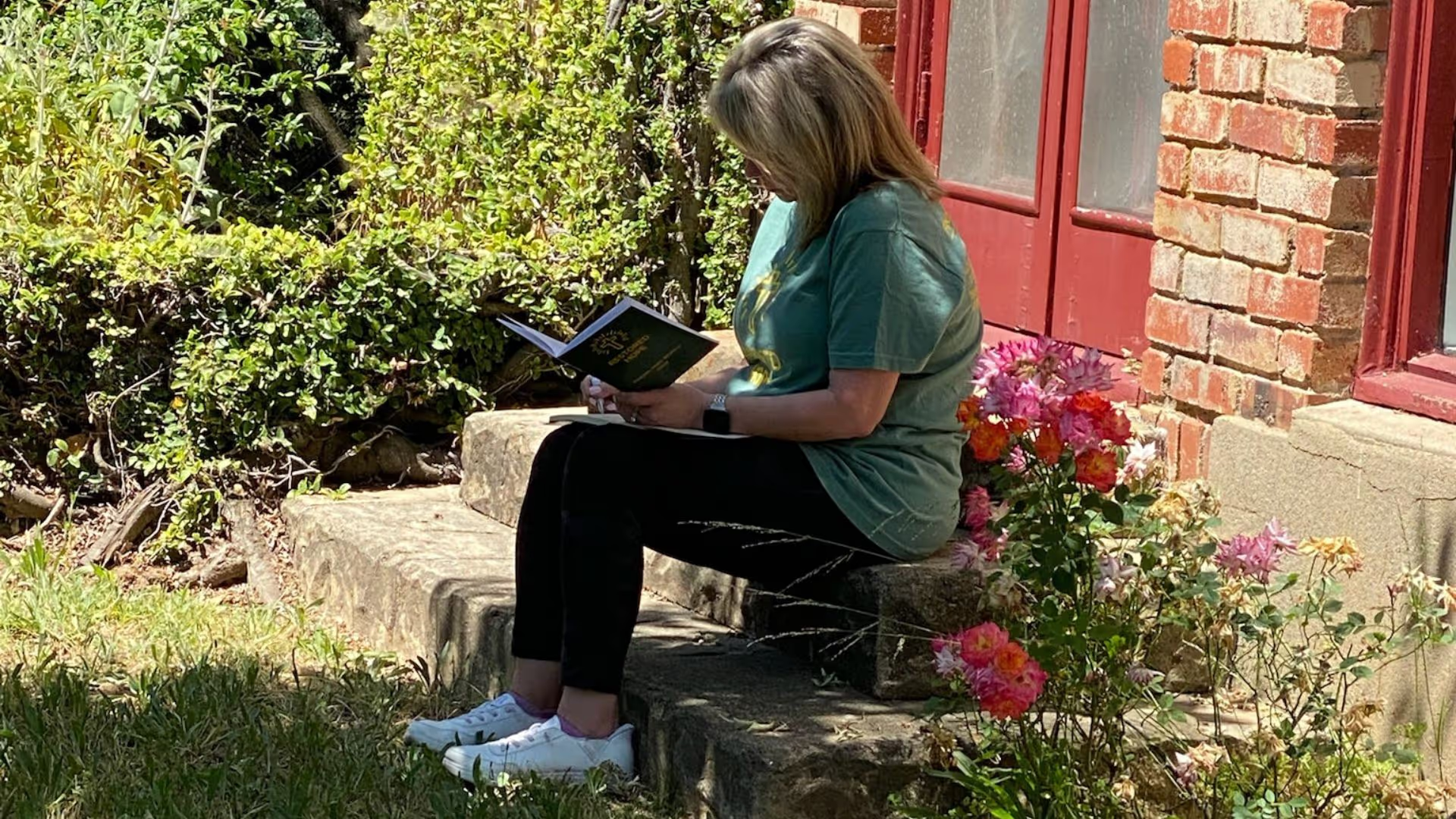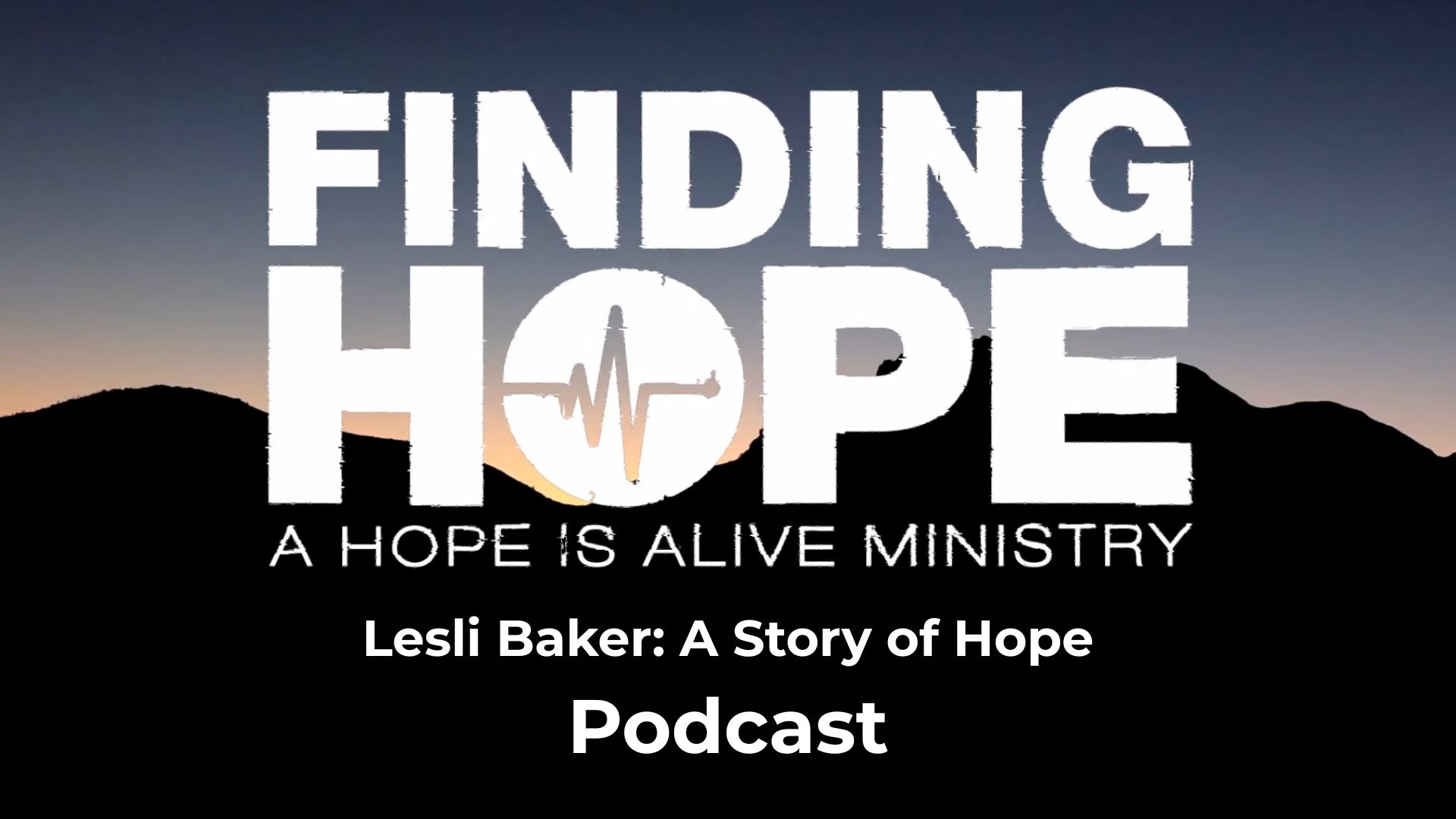
Fruit of the Spirit: Self-Control

Self-Control
“But the fruit of the Spirit is love, joy, peace, patience, kindness, goodness, faithfulness, gentleness, self-control; against such things there is no law. And those who belong to Christ Jesus have crucified the flesh with its passions and desires. If we live by the Spirit, let us also keep in step with the Spirit. Let us not become conceited, provoking one another, envying one another.” Galatians 5:22–26
Loving someone who abuses substances while embodying the "fruit of the Spirit" of self-control can be a challenging journey. When loving an addict, self-control is essential for your own mental, spiritual, and physical health. By following the fruit of the Spirit of self-control, you can begin to get your life back. Here are some ways you can show self-control:
- Setting Boundaries: Self-control helps you establish and maintain healthy boundaries. You need to know when to say "no" to enabling behaviors that may inadvertently support the addict's destructive habits. This might involve resisting the temptation to give them money, lie for them, or cover up their actions.
- Avoiding Codependency: It's easy to become emotionally entangled with an addict, leading to codependency. Self-control enables you to maintain your independence, self-worth, and identity outside of the addict's struggles.
- Support Without Enabling: Loving an addict means offering support without enabling their addiction. Self-control allows you to discern when to provide help when it's appropriate and withhold it when it might perpetuate their destructive behavior.
- Detaching with Love: Detachment doesn’t mean you do not love the addict; rather, you love them and yourself enough to detach from the chaos of their addiction.
Remember that loving someone who abuses substances is incredibly challenging, and it's essential to seek support for yourself. This could come in the form of attending Finding Hope, seeing a counselor, or talking to other Finding Hope members. Ultimately, combining self-control with love, empathy, and a commitment to the well-being of both yourself and the addict can help create a healthier environment for everyone involved.
“For God gave us a spirit not of fear but of power and love and self-control.” 2 Timothy 1:7
For more information, visit:




